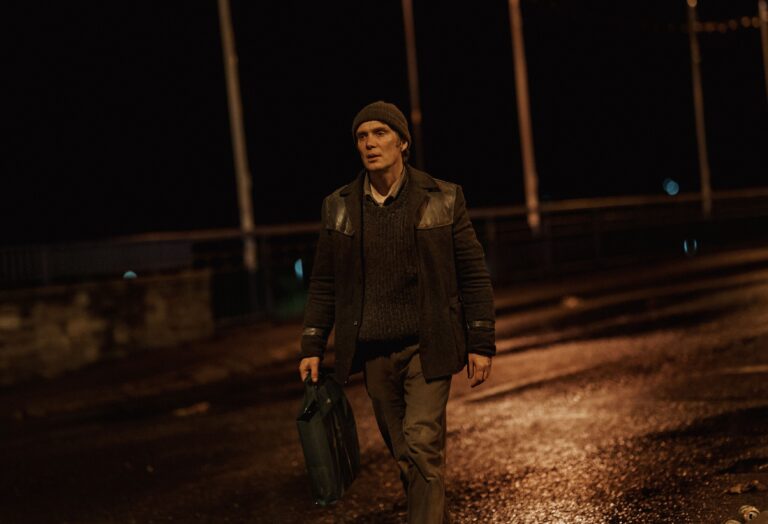Based on Claire Keegan’s novella, Small Things Like These — premiering as the opening night selection at the 74th Berlinale — casts a long and haunting shadow over a dark chapter in Irish history: the Magdalene Laundries. Directed by Tim Mielants and written by Enda Walsh, this quiet, understated film utilizes the seemingly ordinary life of coal merchant Bill Furlong (Cillian Murphy) to unravel a complex tapestry of personal trauma, societal complicity, and the simmering anger against unspoken horrors.
During a routine coal delivery, Bill witnesses a young woman forcibly taken into the local convent, an act that opens old wounds and conjures painful memories of his own difficult upbringing. Born out of wedlock, Bill and his mother Sarah were ostracized, and it was only through the kindliness of widowed Mrs. Wilson (Michelle Fairley) that they managed to survive. Bill recognizes that his mother could just as easily have been given over to the care of the nuns, which would have drastically altered the course of his life.
Murphy’s subdued performance depicts a man who has devoted a lifetime to burying the scars of his childhood, and is ill prepared for the sudden flood of emotion that threatens to consume him. He’s further rattled by a return visit to the convent, where a distraught young woman named Sarah (Zara Devlin) begs him to assist in her escape. But when he mentions the incident to his wife (Eileen Walsh), she advises Bill not to meddle in affairs that are none of his business; the convent wields considerable power and influence, and the Furlongs have too much to lose to risk running afoul of the nuns.
As Bill’s internal struggle weighs on his conscience and forces him to confront the cycle of shame and abuse he witnessed firsthand as a child, he’s paralyzed by the silence that envelops the town and the ingrained fear of the church’s power. Even when he discovers Sarah locked in the coal shed overnight, he can’t bring himself to take action; instead, he returns her to the convent, where the Mother Superior, Sister Mary (Emily Watson) insists he join her for a cup of tea. This sequence is an absolute master class of tension, as Watson’s seemingly benevolent actions– remarking on the academic aspirations of Bill’s daughters, inquiring about the profits of his coal business, and stuffing a Christmas card with cash — barely mask the insidiousness of the abusive system she oversees. As with the rest of the film, this scene relies on suggestion and nuance rather than graphic depictions, leaving the audience to imagine the horrors hidden behind the convent’s closed doors.
Mielants directs Small Things Like These with a subtle and compassionate approach to the material, avoiding sensationalism and opting instead for a more thoughtful and introspective approach. There are no easy answers here, and no tidy resolution; instead, it leaves the audience grappling with unresolved questions about individual responsibility, societal pressures, and the long-lasting wounds inflicted by systemic abuse. By highlighting the small and seemingly insignificant choices individuals make, it challenges us to examine our own role in upholding or challenging unjust structures.

